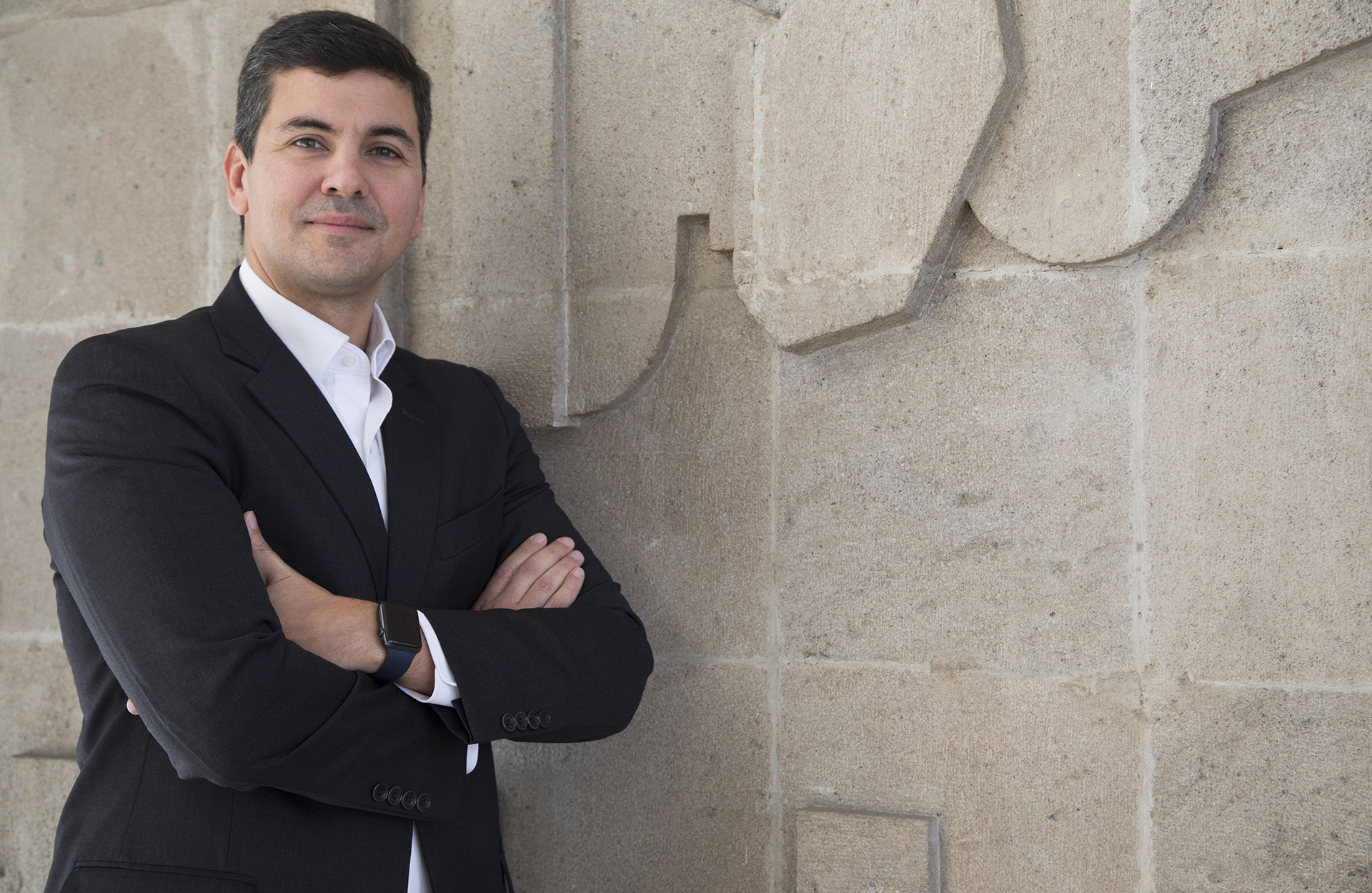On Tuesday, economist Santiago Peña is set to be inaugurated as Paraguay’s 51st president.
He is committed to preserving Paraguay’s distinct diplomatic ties with Taiwan in South America.
Soon, he’ll address trade talks with Brazil, focusing on the treaty governing the Itaipú hydroelectric dam’s joint operation.
Peña, a former finance minister, traveled to Taipei this past July alongside his economic team.

During the visit, he emphasized strengthening relations with the island nation, recalling a previous visit to Taiwan during his student years.
While Peña hasn’t excluded potential relations with China, he’s spotlighted economic and political ties with Taiwan.
This approach contrasts with other members of the Mercosur trade bloc, including Argentina, Brazil, and Uruguay, which have shown interest in China.
A crucial task for the upcoming president will be negotiations around the foundational treaty of the Itaipú dam, one of the largest globally.
As the treaty reaches its 50-year mark, points of contention include the distribution of energy between Brazil and Paraguay and the pricing mechanism for any unused energy portions.
In a recent interview, the designated Foreign Minister, Rubén Ramírez, emphasized the significance of Itaipú to Paraguay, underscoring no rush to conclude negotiations.
Paraguay and its Mercosur partners have expressed concerns about the environmental conditions proposed by their European counterparts.
This comes at a time when the relationship between Asunción and Brussels is overshadowed by legislative debates intending to repeal a European educational cooperation agreement in the country.
Experts conveyed the upcoming administration’s apprehension about “the introduction of new elements, like environmental matters, which upset the balance” of the treaty.
This comes after both blocs reached a preliminary political agreement in 2019 following two decades of discussions.
Against this backdrop, analysts anticipate a “rather intricate” international scene for the upcoming government, which must also navigate U.S. sanctions levied against former president Horacio Cartes.
Cartes, seen as Peña’s political advisor, is accused of engaging in corrupt activities before, during, and after his presidential term in Paraguay.
The question arises: will Paraguay be a stumbling block for Mercosur since it is not interested in a treaty with the European Union and cannot conclude an agreement with mainland China, with which it has no relations?

